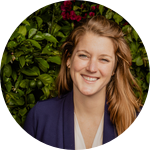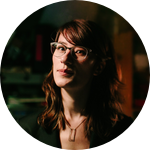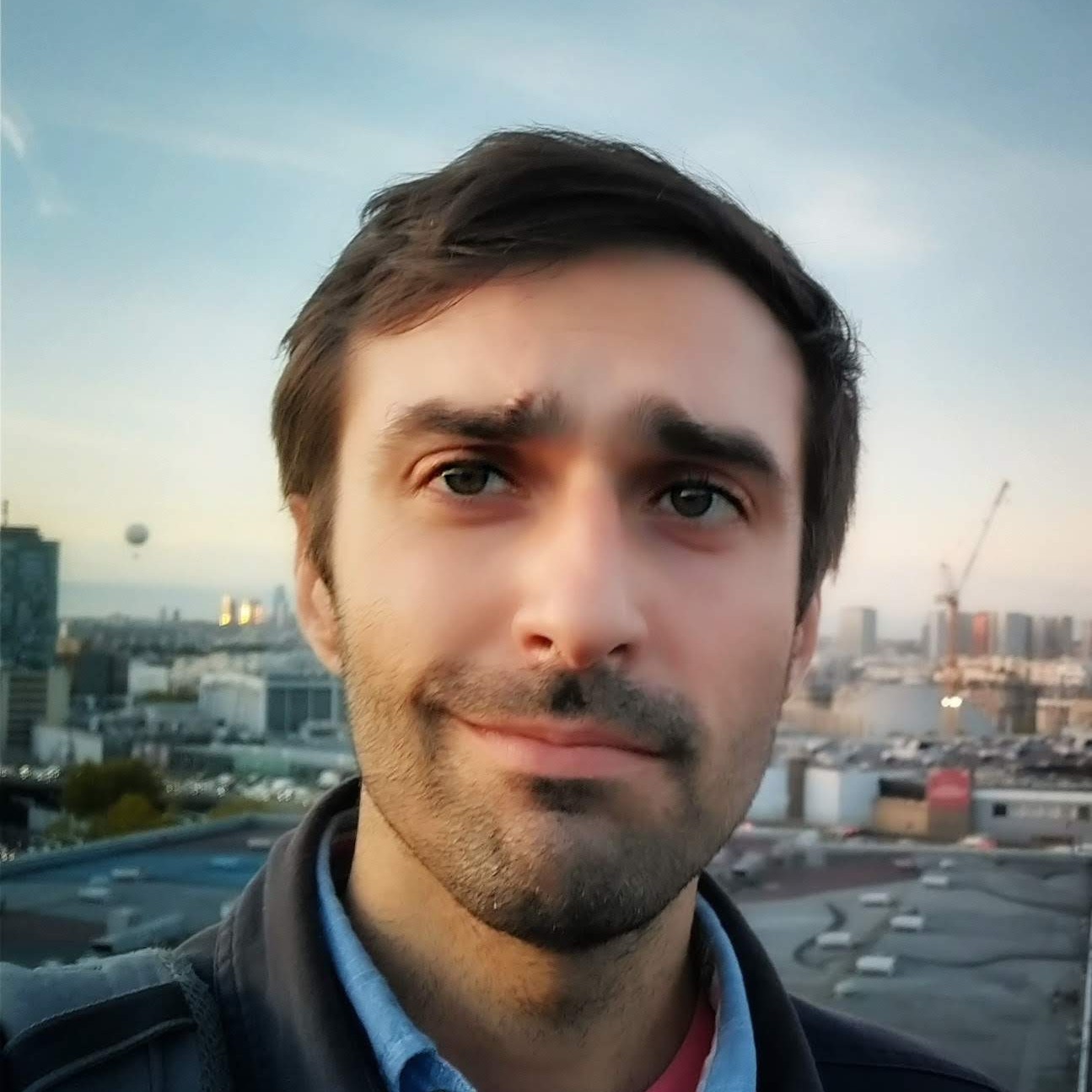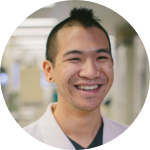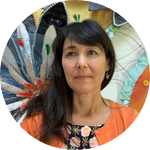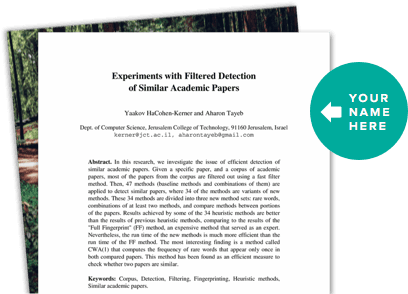About This Project
BioArtBot is an open-source initiative that enables users to create playful pixel designs using colored bacteria on agar plates. We aim to inspire broader community engagement by incorporating locally-sourced pigmented bacteria into BioArtBot’s color palette. This will involve developing a new workflow, accessible curriculum resources, and piloting an open workshop format that utilizes these local palettes, making BioArtBot more adaptable, relevant, and empowering to different communities.
Ask the Scientists
Join The DiscussionWhat is the context of this research?
Low-cost lab automation has become available in Community Bio labs but, despite interest, is often unused. Conversely, science identity is most strongly developed by active engagement. BioArtBot was developed to address this gap by framing microbiology and automation skills as tools for creative expression. The platform has held successful local workshops in the SF Bay Area, Hawaii, and New York City using GMO E. coli.
Our team identified that increasing the explicit ties to the local context where these workshops are delivered may create opportunities for participants to identify with their work. Place-based palettes provide a scaffolding that supports discussions and further inquiry by participants about the nature of local microbes and social responsibility for their isolation.
What is the significance of this project?
Community Science spaces are unique and invaluable resources for building conversations and interest within diverse communities about science and the natural world. However, sustainability and relevance are a challenge for these spaces. The workflow for palette production, event template, and materials created by this project will help community labs deploy locally-relevant programming in their spaces to generate revenue and/or interest in order to sustain scientific spaces that they have ownership over and that participants can identify with. A microbial palette for BioArtBot rooted in specific geography would serve as an important resource that the lab must steward, improving the lab’s ability to connect with local participants and reinforce their connection to the local ecology.
What are the goals of the project?
We will develop 1-3 place-based microbe palettes, incorporating species with ecological, cultural, and historical significance to each place of interest. We will create collateral to help students engage with and learn about these species - and how they are in community with them - while using them to create agar art with the BioArtBot.
We will develop a workshop lesson plan to use these palettes with BioArtBot. This may include updating the BioArtBot workflow so that it more deeply engages students in biology, as well as automation.
We will then run a pilot workshop with these materials, and collect data to improve the participant’s experience. We will publish our materials, workflow and findings for running BioArtBot workshops to support other Community Bio Labs seeking to replicate it.
Budget
We aim to isolate our strains in a way that is safe, highly repeatable, and well-documented. To do this, we will spend significant time in the lab culturing, isolating, and sequencing strains. Our budget will support memberships at local community science labs, our time in the lab, and consumables.
While we plan to either directly culture from natural samples, or exchange strains through our community network, we anticipate that some strains may only be attainable from managed strain banks, which must be paid for their efforts. We’ve budgeted for the purchase of 2-4 strains. Any remaining budget will go toward characterizing all strains, including DNA sequencing.
Our workshop plans emphasize shared space and a sense of place. Embracing this, we have budgeted for our collaborators to travel to the site of the first workshop. We will test and run the workshop in a shared physical space.
Endorsed by
 Project Timeline
Project Timeline
In the first 3 months of the project we will develop a repeatable template for developing place-based microbial palettes. In that same timeframe, we will produce our first palette.
In the next 2-3 months, we will refine the existing workshop framework to encourage deep engagement with biology and local ecosystems, culminating with a pilot event. Then we will analyze feedback from the event and publish a guide for developing microbial palettes and using them in workshops.
May 10, 2024
Project Launched
Aug 05, 2024
Create a workflow to safely isolate potential pigmented microbes
Sep 02, 2024
Distribute this workflow to development sites and develop microbial palette strain collections
Oct 28, 2024
Update the BioArtBot workshop materials and tools to include cultural engagement activities around the palette
Nov 18, 2024
Deliver a BioArtBot workshop at one of the successful palette development sites
Meet the Team
Affiliates
Team Bio
The BioArtBot team has collectively been working in community biology for more than 20 years, and have collaborated formally and informally with each other for almost as long. Based on our shared passion for accessibility, knowledge sharing, and the joyful practice of science, we are excited to again come together on this project to serve our local communities, as well as the greater global Community Science movement.
Tim Dobbs
Tim Dobbs is a scientist and automation engineer with more than 15 years experience working with biological systems in labs, factories, and kitchens. He has been working in community science since 2017, when he founded BioArtBot at Counter Culture Labs, an Oakland, California-based community science lab emphasizing open access and educational opportunities. In 2021, Dobbs received international recognition for his work on BioArtBot, as a fellow at the Learning Planet Institute in Paris. He has a passion for open-source science, with the goal of empowering the world to "talk" to microbes with automated tools. Dobbs holds a BS in Chemical Engineering from the University of Connecticut and an MS in Microbiology from the Université de Paris Cité.
Daniel Chan
Danny Chan holds a BS and MS in microbiology from the University of Waterloo and University of Chiago respectively. He has been a research technician for many years in multiple fields including protein crystallography and prefrontal cortex development. He also worked as a medical editor, fact
checking pharmaceutical ads in an agency. The common set of skills
underlying his practice are molecular biology, non-hierarchical community participation, and scientific inquiry which he is committed to employ in support of radical communities rooted in justice and
scholarship. To these ends he is a board member at Biotech Without Borders (BwoB), a Ronin Institute scholar, as well as a member of the Free Rads, and Translate Science. In 2021 he was a Global Community Biosummit Fellow.
Corinne Okada Takara
Corinne Okada Takara is a community art activist and STEAM educator who creates programs that elevate and empower community voices in conversations centered on identity, place, science, and technology. She is a Yonsei (4th generation) kama'aina settler who lives on Oahu. For over twenty years her passion for accessible STEAM learning anchored in cultural and community science knowledge has driven her to collaboratively develop programs with museums, libraries, and community organizations. She is a co-founder of BioJam Camp, a teen program anchored in both Salinas and the Stanford Department of Bioengineering, served as the Program Director of the community biolab Xinampa in Salinas, California, and is co-founder of the youth Art & Design Thinking Camp in East San José, California. Her frugal science tool and biomaterial design research is conducted in her garage and in her Nest Makerspace shed.
Takara has received State, National, and International recognition for her work straddling art and biology including fellowships and residencies such as the Ginkgo Bioworks Creative Residency, a Lucas Artist Residency at Montalvo Arts Center, 2020 Global Community Biosummit Fellowship, and a 2020 National Public Interest Technology Innovation Fellowship. She has led four high school teams in the International Biodesign Challenge for which she was honored with the 2019 Outstanding Instructor Award. She is a recipient of the inaugural 2023 Ka Maka ʻĪnana Think Tank Grant from Purple Mai’a.
Takara holds a BA in Design from Stanford University and is an alumni of the Hawai’i Purple Mai’a Ka Maka I’nana program.. http://www.okadadesign.com/ & https://nestmakerspace.weebly....
Additional Information
In 2021, we ran a fully-remote remote workshop and live-streamed the whole thing:
In 2022, we printed a ½-scale reproduction of the Mona Lisa, entirely in E. Coli:
Project Backers
- 2Backers
- 2%Funded
- $125Total Donations
- $62.50Average Donation
